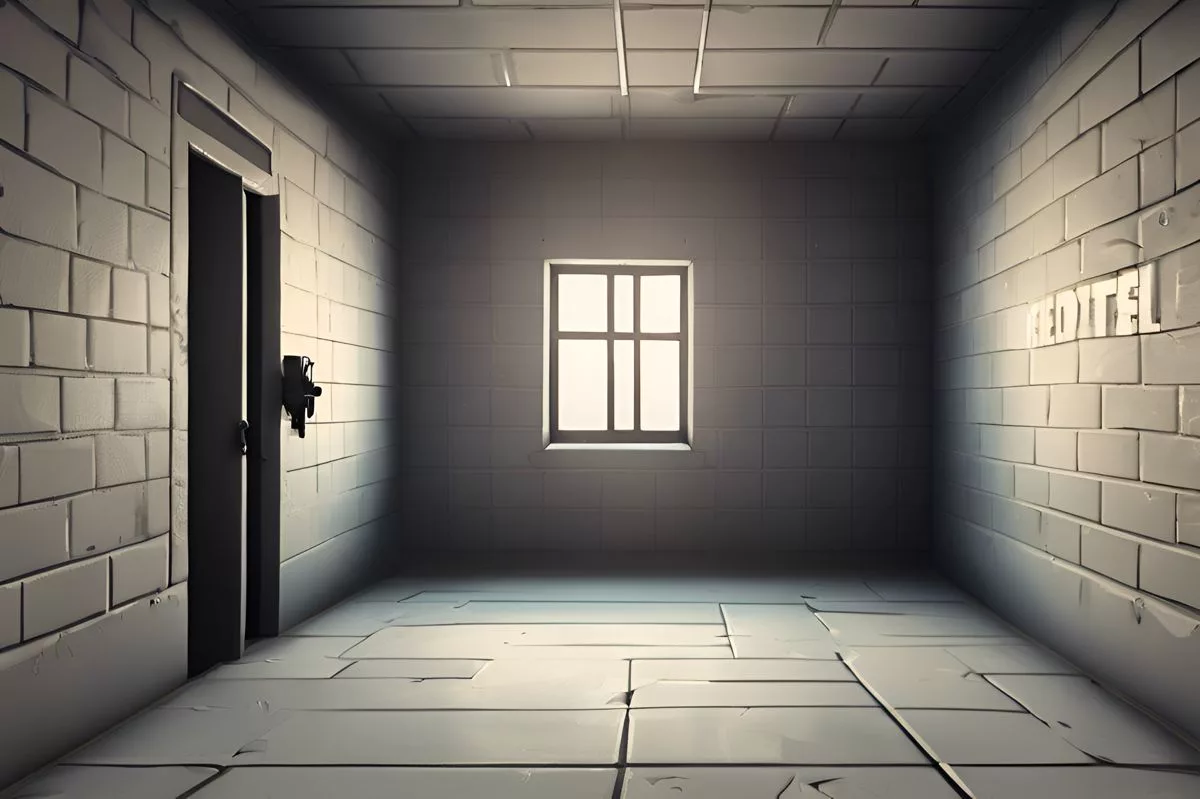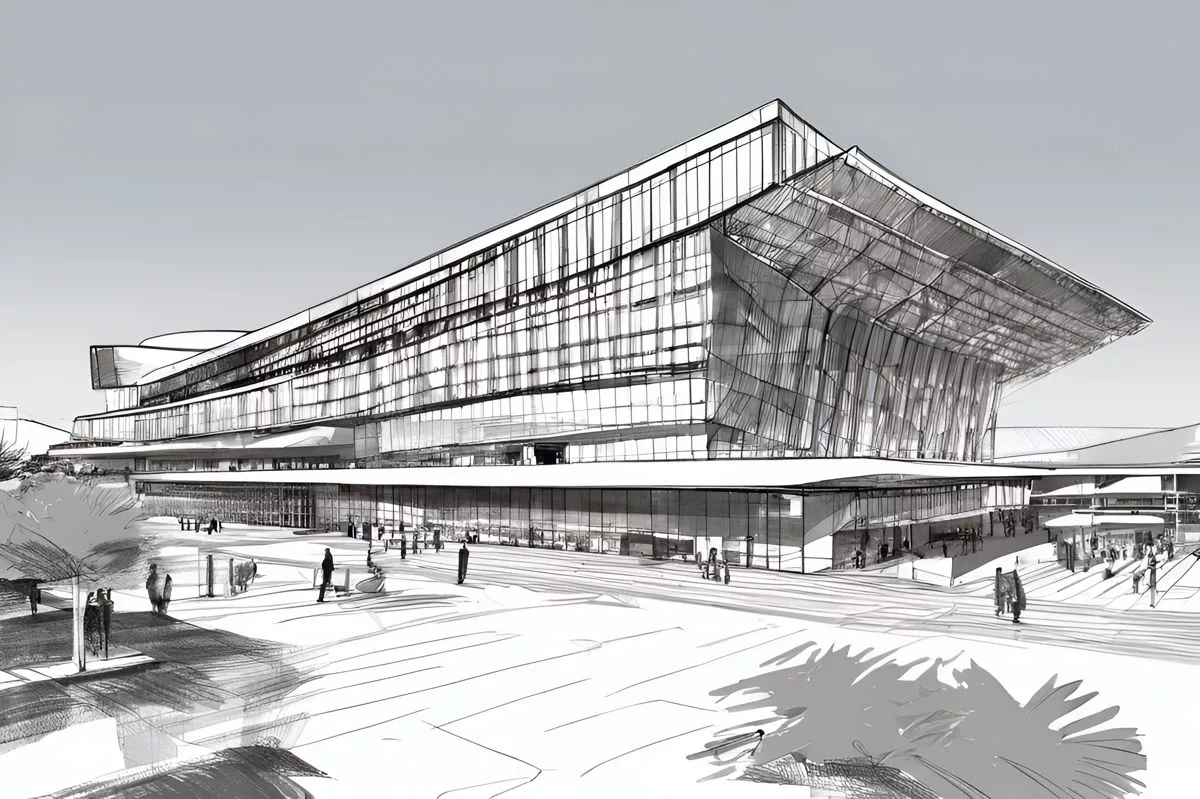Two South African men, Frik Potgieter and Peter Huxham, are currently imprisoned in Equatorial Guinea on contrived drug charges amidst a diplomatic clash between South Africa and Equatorial Guinea. Families of the men have started a petition on Change.org to secure their release, claiming that they are political captives. Despite efforts by the South African government, there has been no progress in securing their freedom, and both men were sentenced to 12 years imprisonment and a $5 million fine each.
The Unfortunate Situation: Two South African Men’s Struggle in Equatorial Guinea
Frik Potgieter and Peter Huxham, two South African men, were apprehended in Equatorial Guinea due to contrived drug charges. Families of the men claim that they are political captives, caught in the middle of a diplomatic clash between South Africa and Equatorial Guinea. The families have started a petition to secure their release but so far, there has been no progress despite efforts by the South African government. Potgieter and Huxham were sentenced to 12 years imprisonment and a $5 million fine each.
The Unfortunate Situation
In the complex sphere of international diplomacy and politics, everyday folks often find themselves entangled in situations beyond their control. This is the predicament Frik Potgieter, a resident of George aged 54, and Peter Huxham, a 55-year-old inhabitant of Langebaan, find themselves in. These two South African men from Western Cape found themselves adrift in a turbulent sea of legal and political chaos in Equatorial Guinea, starting from February in the previous year.
This turbulent adventure initiated when Equatorial Guinean authorities discovered narcotics in their bags, just days after the confiscation of luxurious possessions belonging to the country’s Vice-President, Teodore Nguema Obiang. The confiscation in South Africa consisted of impounding Obiang’s yacht and a pair of villas in Cape Town, following a court order. This captivating string of events, as mentioned by the BBC, provides the context for the dilemma Potgieter and Huxham currently face.
The Campaign for Freedom
In a desperate call for help, the families of Potgieter and Huxham embarked on a campaign on the petition site Change.org to secure their loved ones’ freedom. The families argue that the detention and imprisonment of both men were ‘unlawful’ and based on ‘contrived drug charges’. They maintain that Potgieter and Huxham, who were employed by a multinational oil and gas corporation when they were apprehended, are casualties of this retaliatory diplomatic clash between South Africa and Equatorial Guinea.
The petition recounts a harrowing tale of the men’s tribulation: ‘On the evening before their return to South Africa after a five-week work assignment, they were detained. Despite their innocence, they found themselves entwined in a diplomatic tussle that has prevented them from returning home since their apprehension.’ Their families, distraught and desperate, have asked the South African and UK governments for help, considering Huxham’s dual citizenship.
In support of the families’ suspicions, the campaign declares, ‘Frik and Peter are political captives, held in response to South Africa’s confiscation of the Vice President of Equatorial Guinea’s luxury assets. Tragically, they were in the wrong place at the wrong time.’ The urgent and critical need according to the families, is for their governments to amplify their efforts to ensure their freedom.
The Role of Governments
South Africa’s Foreign Minister, Naledi Pandor, expressed her concerns during her trip to Equatorial Guinea the previous month. An official statement from the minister implies that she broached the issue of the two South African citizens’ imprisonment. The statement also alludes to ongoing dialogue between the two nations concerning this matter. Despite these efforts, the families express their disappointment, stating ‘there has been no progress.’
The judgement delivered in June of the previous year intensifies the urgency of the situation. Both Potgieter and Huxham were sentenced to 12 years imprisonment and slapped with a hefty fine of $5 million each, leaving them stranded in a foreign land. Their predicament serves as a stark reminder of how personal lives can become pawns in political games, and the devastating aftermath when individuals are used as leverage in broader diplomatic disagreements.
1. Who are Frik Potgieter and Peter Huxham?
Frik Potgieter and Peter Huxham are two South African men from Western Cape who were apprehended in Equatorial Guinea on contrived drug charges amidst a diplomatic clash between South Africa and Equatorial Guinea.
2. What happened to them in Equatorial Guinea?
Equatorial Guinean authorities discovered narcotics in their bags, just days after the confiscation of luxurious possessions belonging to the country’s Vice-President, Teodore Nguema Obiang. They were detained and both men were sentenced to 12 years imprisonment and a $5 million fine each.
3. Why are their families claiming that they are political captives?
The families of Potgieter and Huxham claim that the detention and imprisonment of both men were ‘unlawful’ and based on ‘contrived drug charges’. They maintain that Potgieter and Huxham are casualties of this retaliatory diplomatic clash between South Africa and Equatorial Guinea.
4. What is the campaign for their freedom?
The families of Potgieter and Huxham started a campaign on the petition site Change.org to secure their release. They are asking for their governments to amplify their efforts to ensure their freedom.
5. What has been the response of the South African government?
South Africa’s Foreign Minister, Naledi Pandor, expressed her concerns during her trip to Equatorial Guinea the previous month. An official statement from the minister implies that she broached the issue of the two South African citizens’ imprisonment. The statement also alludes to ongoing dialogue between the two nations concerning this matter.
6. What is the sentence delivered to Potgieter and Huxham?
Both Potgieter and Huxham were sentenced to 12 years imprisonment and a $5 million fine each, leaving them stranded in a foreign land.












